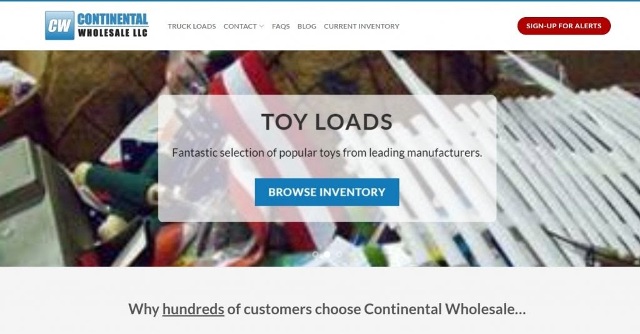
:max_bytes(150000):strip_icc()/Liquidation-dot-com-website-646c024c133e47098c2600e7def2a280.jpg)
(iii) To the borrower or other persons as determined appropriate by that office. (ii) To junior lien holders if approved by USDA's Office of the General Counsel or (i) To CCC to satisfy the debtor's indebtedness including all costs associated with selling the collateral and the appraisal. Sales proceeds will be distributed in the following order: (5) For loans secured with a real estate lien, CCC may obtain an appraisal of the property. (4) For loans with non-movable or non-salable collateral, as determined by CCC, and no real estate lien, CCC may establish a claim according to 7 CFR part 1403. (ii) Payment to junior lien holders if approved by USDA's Office of the General Counsel and then to the borrower or other persons as determined appropriate by that office. (i) To CCC to satisfy the debtor's indebtedness including all costs associated with selling the collateral. (3) For loans with movable collateral and no real estate lien, CCC may sell the collateral for the best price obtainable.
:max_bytes(150000):strip_icc()/ScreenShot2019-11-19at10.50.56AM-67b79ad1442140cdb8c9a252f4256fff.jpg)
If the debtor objects to removal of collateral, the law of the State where the collateral exists will be used to foreclose on the property.

(2) The debtor may voluntarily agree to allow removal of the collateral to facilitate sale by signing an agreement for sale. (1) If a demand for payment is not received by the due date acceptable to CCC, CCC may call the loan and initiate foreclosure proceedings by issuing a liquidation letter to the borrower. (a) The collateral or land securing a loan may be sold by CCC whenever CCC has declared the entire indebtedness immediately due and payable under this part as follows:
#Liquidation sites full
These companies buy leftover inventory for a fraction of their retail value and then resell the goods in their own stores, generally for less than the full retail value, but more than they paid for them.§ 1436.16 Foreclosure, liquidation, assumptions, sales or conveyance, or bankruptcy. Some liquidators are retailers, too, such as Big Lots, Tuesday Morning, and Ollie’s. These businesses may buy a company’s entire inventory, or assets, and then sell them to other retailers. If a company needs to liquidate its assets quickly, there are businesses that specialize in liquidation. Employees would be considered stakeholders.Īs cash is generated from the liquidation sale, creditors are paid in that order.

Once all the assets have been sold, the business is shut down. In most cases, a liquidation sale is a precursor to a business closing. Liquidation generally refers to the process of selling off a company’s inventory, typically at a big discount, to generate cash.


 0 kommentar(er)
0 kommentar(er)
